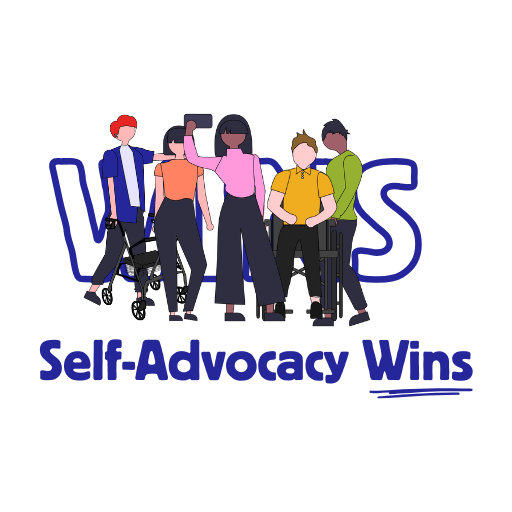One of the approaches to improving Customer Engagement and Experiences I'd like to explore is the potential to include customers, partners and suppliers in the Social Learning process. One of the drawbacks of an customer ideation platform/community is that more than 99% of the ideas are never looked at or implemented because they do not take into account the business context and constraints.
Whilst ideation may be a good source for innovation for companies, they can be a source of dissatisfaction for those customers who submitted ideas if they do not receive any acknowledgement for the effort they put into it. So rather than feeling closer to your brand and becoming advocates for it, the quite opposite may occur.
The approach that I would advocate is to educate the customer about your brand and its environment, even let them actively get involved in your internal Social Learning processes of continously striving to gain new knowledge and insights. By infusing ideas from outside of the silos of your organisation, you may discover innovative ideas that will give your company a competitive advantage.
Crowdsourcing has lost favour a little due to the number of uninformed suggestions that bubble up and which generate a lot of overhead to percolate into useful innovations. Smartsourcing has been put forward as a better approach, relying on the 'better elements' in your community to exchange with for customer insights. As such I agree with this, but I believe there is an even greater opportunity for informed innovation through the education and deeper implication of those we wish to engage with for smartsourcing by implicating them in collaborative learning.
Education and customer collaboration has the potential to create a real and very deep level of engagement, and thus the germination of fervent customer advocates, who in turn entice others to join this process (and increase the smartsourcing base for qualified innovation).
As Harold Jarche points out in the comments below, I herewith add that the objective of this type of collaborative learning would be to close the loop, not only take the feedback but reinjecting it back into the customer communitites and so on with insights so that we get a virtuous learning cycle. And by being open with your social learning approach, you will lower the barrier for new entrants and thus new points of view and sources for innovation, as well as sending a clear signal to the rest of the customer base that you are listening and collaborating to take their needs into account.
There is of course the (perceived?) risks of competitors glaning information and using it to their advantage, but examples have shown that this risk can actually be a driver for more rapid innovation integration such as Sage has shown with its ACT! community.
To summarize, I believe there is an opportunity to create a collaborative community learning platform that will ultimately lead to informed ideation and nurture more fervent customer advocates.







